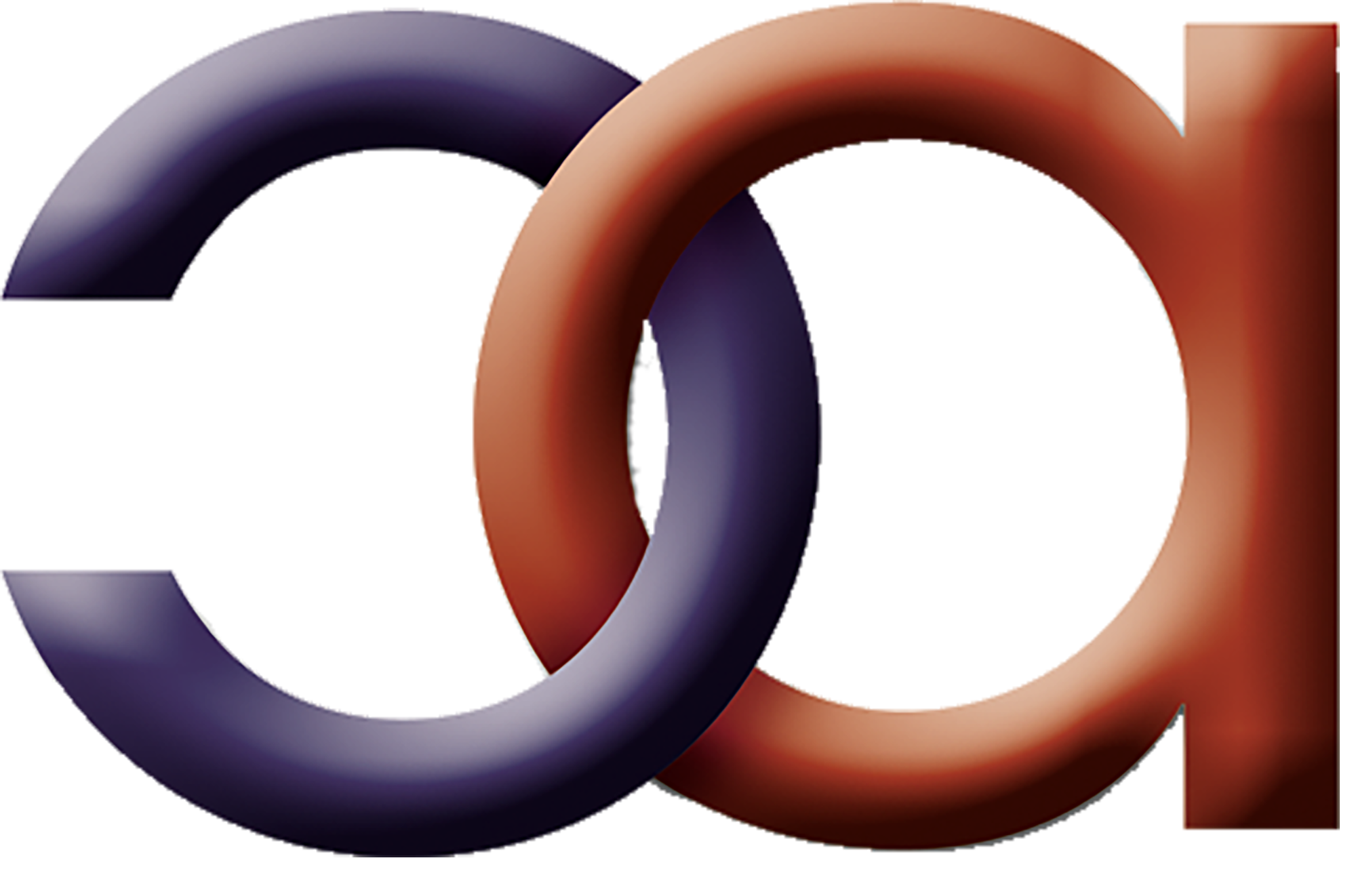CARAS Webinar: Words for Perverts: Terminology for Erotic Minorities in the Archives, Saturday, June 18, 2022
Words for Perverts: Terminology for Erotic Minorities in the Archives
Presenter: Mel Leverich, MAS
Archivist and Collections Librarian, Leather Archives and Museum, Chicago
Saturday, June 18, 2022, noon-2pm (U.S. Pacific)/3-5pm (U.S. Eastern) - two hours
To register for this webinar, please visit: https://forms.gle/ehCpNy1qFDbKVL4X6
Attendees may earn 1 Continuing Education (CE) credit
Cost: Attendance is free for all CARAS subscribers.
Attendance with CE credit is free for CARAS Professional and Student subscribers, and $35 for others.
Attendance without CE credit for non-subscribers is $25
Pre-registration is required. Registration will close at 3pm (U.S. Pacific)/6pm (U.S. Eastern) on Friday, June 17, 2022. Please register early!
Webinar Abstract
What is the difference between a kink and a fetish? When is a human dog a pup? What do we call a consensual slave? If a woman spanks another woman on camera and a man buys the film, does that make it straight pornography? Should professionals use the term urolagnia, urophilia, watersports, golden showers, urine play or something else?
Many of the words we use for non-normative sexuality were brands of oppression before they were reinvented as markers of identity and liberation. English-speaking erotic subcultures have since created many new terms and renovated old ones, but agreement about the words we use and who can use them is far from settled. Every person who thinks and speaks about sexuality must contend with a thorny bush of politically charged, culturally disputed, and historically overdetermined words for kink, sex, and related identities.
Attendees will also learn how sexual vocabulary is codified and applied in library and archival sciences, and why it is important. Learners will be asked to participate by categorizing examples of visual material from the collections of the Leather Archives & Museum. We will discuss the implications of the words we use to classify erotic imagery, and discover what our assumptions reveal about what we think we know about sexuality.
Learning Objectives
Understand the historical origins, discursive frameworks, and shifting sociopolitical contexts of the words we use to describe and classify non-normative and LGBTQ+ sexualities
Analyze the assumptions and judgements implicit in the classification and naming of different sexualities, and discuss differing choices and strategies
Apply knowledge learned to the categorization and description of erotic materials from the collections of the Leather Archives & Museum
References
Adler, Melissa. 2017. Cruising the Library: Perversities in the Organization of Knowledge. New York: Fordham University Press.
Brilmyer, Gracen. 2018. “Archival Assemblages: Applying Disability Studies’ Political/Relational Model to Archival Description.” Archival Science 18 (2): 95–118. https://doi.org/10.1007/s10502-018-9287-6
Bullard, Julia, Amber Dierking, and Avi Grundner. 2020. “Centring LGBT2QIA+ Subjects in Knowledge Organization Systems.” Knowledge Organization 47 (5): 393–403. https://doi.org/10.5771/0943-7444-2020-5-393 [Direct link]
Davidson, Arnold I. 2001. The Emergence of Sexuality: Historical Epistemology and the Formation of Concepts. Cambridge, MA: Harvard University Press.
Foucault, Michel. 1990. The History of Sexuality, Volume 1: An Introduction. New York: Vintage Books.
Hacking, Ian. 2002. Historical Ontology. Cambridge, MA: Harvard University Press.
Howard, Sara A., and Steven A. Knowlton. 2018. “Browsing Through Bias: The Library of Congress Classification and Subject Headings for African American Studies and LGBTQIA Studies.” Library Trends 67 (1): 77–88. https://doi.org/10.1353/lib.2018.0026
Oosterhuis, Harry. 2000. Stepchildren of Nature: Krafft-Ebing, Psychiatry, and the Making of Sexual Identity. Chicago: University Of Chicago Press.
Ruberg, Bonnie, and Spencer Ruelos. 2020. “Data for Queer Lives: How LGBTQ Gender and Sexuality Identities Challenge Norms of Demographics.” Big Data & Society 7 (1): 1–12. https://doi.org/10.1177/2053951720933286
Rubin, Gayle S. 2011. Deviations: A Gayle Rubin Reader. Durham, NC: Duke University Press.
About the Presenter
Mel Leverich (they/them) has been the Archivist & Collections Librarian for the Leather Archives & Museum since 2017. Mel has a Masters of Archival Studies from the University of British Columbia
About the CARAS Education Program
CARAS is approved by the American Psychological Association to sponsor continuing education for psychologists. CARAS maintains responsibility for this program and its content.
For more information about the CARAS Education Program, including CE policies and procedures, please visit https://www.carasresearch.org/apa-continuing-education
